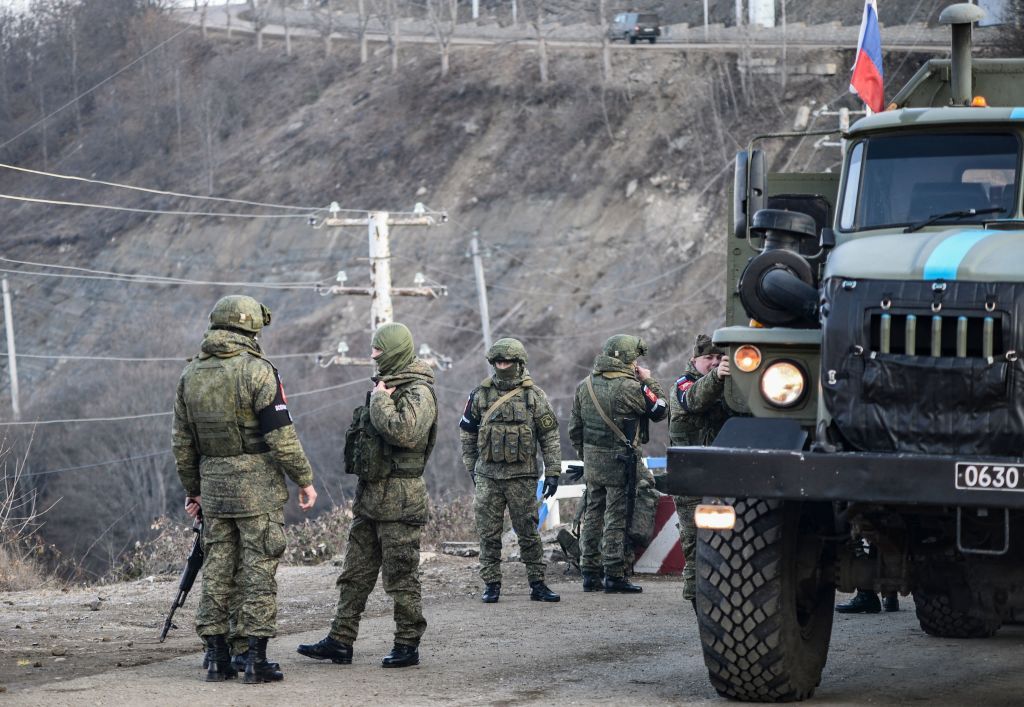Armenian parliament ratifies ICC's Rome Statute, following shattered relationship with Russia.
The Armenian parliament voted in favor of ratifying the Rome Statute of the International Criminal Court (ICC) on Oct.
3. If signed by Prime Minister Nikol Pashinyan, Armenian authorities will be obliged to arrest Russian dictator Vladimir Putin if he sets foot in the country. On March 17, the ICC issued arrest warrants for Putin and Maria Lvova-Belova, the Russian official allegedly overseeing the forced deportations of at least tens of thousands of Ukrainian children to Russia and Russian-occupied territories.
The ICC asserts that there are "reasonable grounds to believe" that Putin holds direct accountability for supervising the deportations and that he neglected to exert authority over Russian soldiers and civilians executing the crime across occupied Ukrainian regions from the onset of Russia's all-out war against Ukraine. All 123 countries that are members of the ICC and have ratified the Rome Statute, which establishes crimes falling within the jurisdiction of the court, are now obliged to cooperate with the court's demand to arrest Putin. The vote, which passed in the Armenian parliament with 60 in favor and 22 against, must still be signed by Pashinyan to come into force.
Pashinyan has said previously that it is in Armenia's interest to ratify the statute. Kremlin spokesman Dmitry Peskov said that Russia would consider it an "extremely hostile" move. The vote comes in the wake of Azerbaijan's victory over the self-declared ethnic Armenian Nagorno-Karabakh Republic, which was defeated by Azerbaijani forces on Sept.
20 and officially ordered to be dissolved as a political entity by the beginning of 2024. Russian "peacekeepers" were stationed in the area, nominally to stop violence between Armenians and Azerbaijanis, but did nothing to prevent Azerbaijan's Sept.
20 offensive. Tensions between Armenia and their long-time ally Russia have risen since then, and Pashinyan hinted that Armenia could no longer rely on Russia.
Russia's 'peacekeeper' act crumbles as Azerbaijan overwhelms Nagorno-Karabakh
On Sept.
19, just under three years after the end of the last major war between Armenia and Azerbaijan over the mountainous region of Nagorno-Karabakh, Baku moved decisively to finish what it started in 2020. Shortly after the announcement of the launching of "anti-terrorist" measures by the Azerba...

 Nate Ostiller
Nate Ostiller
News Editor
Nate Ostiller is a News Editor. He works on special projects as a researcher and writer for The Red Line Podcast, covering Eastern Europe and Eurasia, and focused primarily on digital misinformation, memory politics, and ethnic conflict.
Nate has a Master's degree in Russian and Eurasian Studies from the University of Glasgow, and spent two years studying abroad at Kyiv-Mohyla Academy in Ukraine.
Originally from the USA, he is currently based in Tbilisi, Georgia.